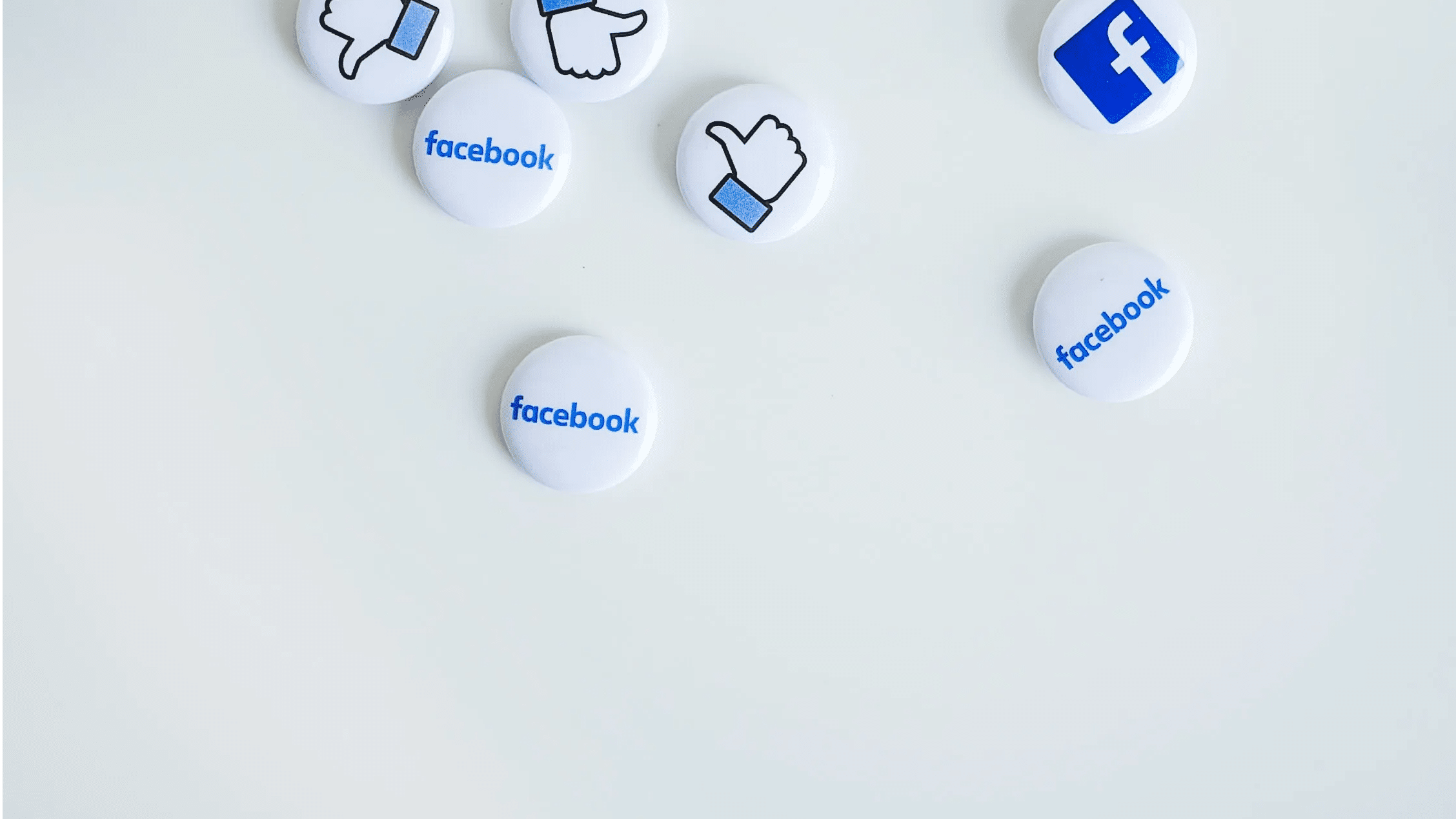Ahead of a key hearing in the US Congress on disinformation, social media platform Facebook emphasized its increased efforts to block fake accounts in an ongoing fight against misinformation on Monday.
Facebook chief Mark Zuckerberg, and other top executives of Google and Twitter, are set to testify remotely on Thursday, reported AFP.
According to Guy Rosen, Facebook vice president of integrity, the platform blocked and suspended more than 1.3 million fake accounts from its platform in the last three months of 2020.
In a blog post, Rosen said, “We have every motivation to keep misinformation off of our apps and we’ve taken many steps to do so at the expense of user growth and engagement.”
Also Read: Facebook News to be launched in Germany in May
“We take a hard line against this activity and block millions of fake accounts each day, most of them at the time of creation. We also investigate and takedown covert foreign and domestic influence operations that rely on fake accounts,” he added.
Fake accounts are often used to spread deceptive information, sometimes working together in what the social network refers to as Coordinated Inauthentic Behavior (CIB).
Facebook provides dedicated hubs for information topics that have the potential for misinformation being propagated about them such as COVID-19 and climate change. As per Rosen, Facebook has removed over 100 networks of inauthentic behaviour.
Also Read: Instagram introduces ‘lite’ version in 170 countries, know the difference between the two
As reported by the social media giant, they have over 35,000 people dedicated to any such abuses propagated on Facebook. It uses Artificial Intelligence to detect spam or fraud.
More than 12 million pieces of misinformation regarding vaccines or COVID-19 has been thwarted by automated systems at Facebook ever since the pandemic started, as per social network.
“Despite all of these efforts, there are some who believe that we have a financial interest in turning a blind eye to misinformation. The opposite is true.” Rosen said.
Critics have accused Facebook of making very limited efforts to mitigate the spread of misinformation on the platform. Further, it has also been blamed for promoting this attention-getting material because it ramps up engagement which can be monetized with ads.







